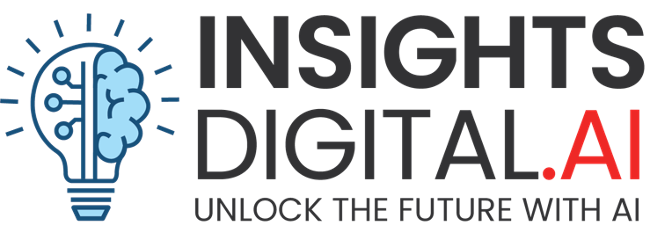Here are some insights on how AI can help with Clinical Decision Support Systems (CDSS) for dealing with large data:
- Data Integration and Harmonization:
- AI can automatically extract, integrate, and harmonize data from various sources: Electronic Health Records (EHRs), medical literature, research databases, wearable devices, and more.
- This overcomes the challenge of data silos and inconsistencies, enabling a comprehensive view of the patient.
- Pattern Recognition and Predictive Modeling:
- AI algorithms can identify complex patterns and relationships within massive datasets that might be missed by human analysis.
- This can be used to:
- Predict patient outcomes: Risk of disease, likelihood of readmission, response to treatment.
- Identify high-risk patients: For early intervention and preventative care.
- Personalize treatment plans: Based on individual patient characteristics and predicted responses.
- Drug Discovery and Development:
- AI can accelerate drug discovery by analyzing vast amounts of data on molecular structures, biological pathways, and clinical trial results.
- This can help identify promising drug candidates, predict their efficacy and safety, and optimize clinical trial design.
- Image Analysis and Diagnostics:
- AI-powered image recognition algorithms can analyze medical images (X-rays, CT scans, MRIs) with high accuracy and speed.
- This can assist in:
- Early detection of diseases: Cancer, cardiovascular disease.
- Improved diagnostic accuracy: Identifying subtle abnormalities.
- Guiding treatment decisions: Planning surgical procedures.
- Natural Language Processing (NLP):
- NLP can extract meaningful information from unstructured data such as clinical notes, research articles, and patient feedback.
- This can be used to:
- Summarize patient medical histories.
- Identify potential adverse drug reactions.
- Conduct literature reviews and stay updated on the latest research.
- Explainability and Transparency:
- Developing AI models that are explainable is crucial to build trust and ensure clinician adoption.
- Techniques like model interpretability can help clinicians understand how the AI system arrived at its recommendations.
Important Considerations:
- Data Quality: The accuracy and completeness of the data are critical for the effectiveness of AI-powered CDSS.
- Bias and Fairness: AI models can inherit biases present in the training data, leading to unfair or inaccurate outcomes for certain patient populations.
- Ethical Considerations: Data privacy, security, and algorithmic bias must be carefully addressed.
- Human-in-the-Loop: AI should be seen as a tool to assist clinicians, not replace them. Human expertise and judgment remain essential.
By addressing these challenges and leveraging the power of AI, CDSS can significantly improve the quality, efficiency, and safety of healthcare delivery. At InsightsDigital.ai, we empower enterprises to harness the transformative potential of artificial intelligence (AI) through strategic advisory services that align technology with business goals. Our AI Advisory Services focus on delivering tailored solutions for B2B organizations, bridging the gap between AI innovation and measurable business outcomes.









